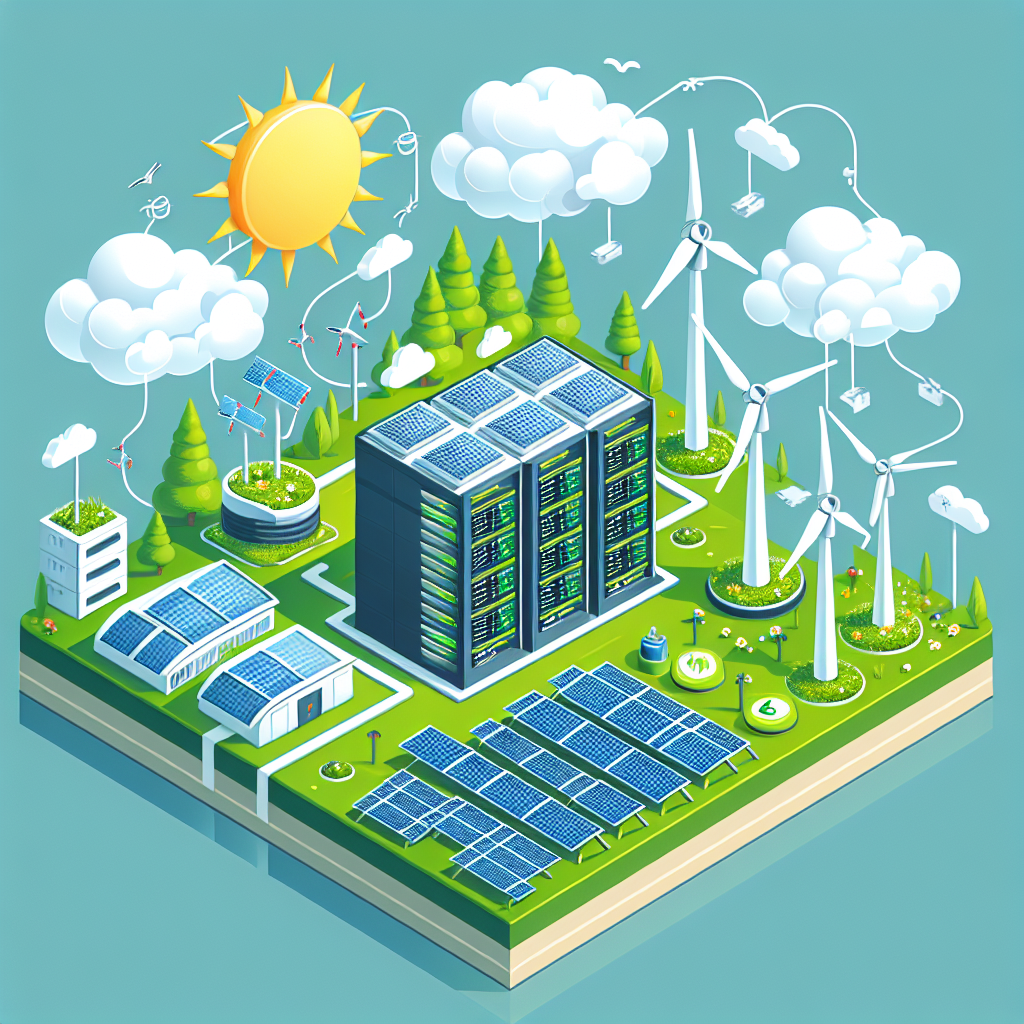Data centers play a crucial role in our modern digital world, serving as the backbone for storing and processing vast amounts of data. However, the environmental impact of these data centers, particularly their generators, is a growing concern. Data centers rely on generators to provide backup power in the event of a power outage, ensuring uninterrupted operation of critical systems. While generators are essential for ensuring the reliability of data centers, they also contribute to air pollution, noise pollution, and carbon emissions.
The use of diesel generators in data centers is one of the main sources of environmental impact. Diesel generators emit harmful pollutants such as nitrogen oxides, particulate matter, and carbon monoxide, which can have serious health effects on humans and the environment. In addition, the burning of diesel fuel releases greenhouse gases such as carbon dioxide, contributing to climate change. The constant operation of generators also leads to noise pollution, affecting both wildlife and nearby communities.
To address these environmental concerns, data center operators are exploring sustainable solutions to reduce the impact of generators. One approach is to incorporate renewable energy sources such as solar panels and wind turbines to power data centers. By harnessing clean energy sources, data centers can reduce their reliance on diesel generators and lower their carbon footprint. In addition, energy-efficient technologies such as advanced cooling systems and server virtualization can help reduce the overall energy consumption of data centers, further minimizing the need for backup power.
Another sustainable solution is the use of energy storage systems, such as batteries, to store excess energy generated by renewable sources. These energy storage systems can be used to provide backup power during outages, reducing the reliance on diesel generators. By integrating energy storage into their infrastructure, data centers can improve their energy efficiency and reduce their environmental impact.
Furthermore, data center operators can implement smart grid technologies to optimize energy usage and reduce the need for backup power. By monitoring energy consumption in real-time and adjusting power usage accordingly, data centers can minimize their reliance on generators and operate more sustainably.
In conclusion, the environmental impact of data center generators is a significant issue that requires attention and action. By adopting sustainable solutions such as renewable energy sources, energy storage systems, and smart grid technologies, data centers can reduce their environmental footprint and contribute to a more sustainable future. It is essential for data center operators to prioritize sustainability and implement eco-friendly practices to mitigate the impact of their operations on the environment.


Leave a Reply